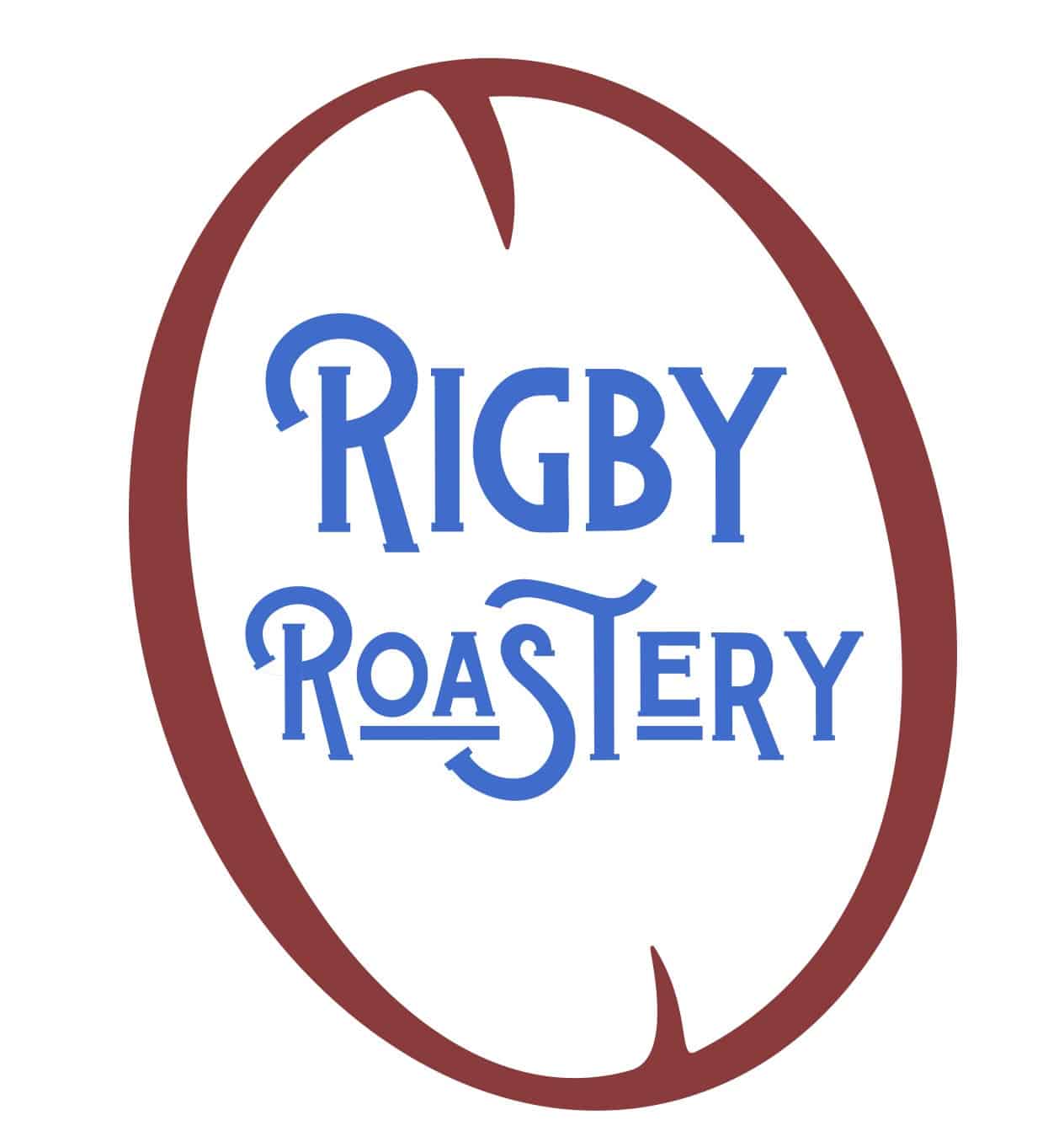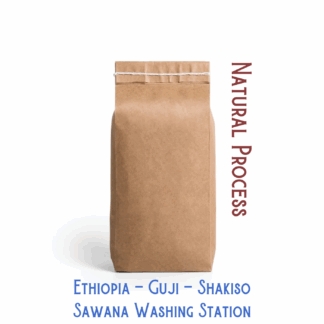Ethiopian Coffee Beans
Price range: $21.00 through $123.00
We taste Mango, Lychee, Rose & Milk Chocolate. This coffee has a lot of fruity notes to offer and a rich body.
Ethiopian coffee beans. Ethiopia coffee beans.Ethiopian coffee.
Our Favorite Ethiopian Coffee Beans
The adjectives come easy in this dry process Ethiopia. The ground coffee is sweet, jammy, and adds a really nice dimension to the fruity smells found within. Harmonious notes of guava jelly, mango, and chocolate highlights mingle in the cup.
These Ethiopian coffee beans have a wet aroma featuring a medley of cherry jam, sweet pastries, & browned sugar. The mild floral aroma comes through in the cup too, and brings a ripe quality to some of the fruit flavors. All of our roasts presented concomitant profiles where flavors all hit simultaneously. We recommend that you stick to the light roast to maintain the juicier fruit flavors. Hot cocoa and fudge deepen the cup, while delicate notes of passion fruit and guava candy, make for an aromatic ‘nose’. As we settle in with the cup, we to note rustic fruits too, like natural dried apricots, and the earthy sweetness of fig jam. Pour-overs highlight a mild acidity and aromatics, though the heavy-handed flavors are sure to come through in most any brew method.
Dry, Natural Processing
First, the coffee cherry is floated in water to remove any underripe coffee, which typically floats to the top, while the ripe coffee sinks. Once the coffee is moved to the drying tables it undergoes several more rounds of hand sorting. All of this attention lends to a fairly uniform coffee, especially when you consider it is dry process.
About Guji Shakiso Coffee
Sawana washing station is a name quickly becoming well known for regional cup quality. This particular site buys from small scale farmers in the area, each with less than 1 hectare of coffee planted on average. The Sawana Washing Station, at 1,800 to 2,200masl, is a prominent hub for processing Shakiso green coffee, whether it’s with the natural or washed process. They produce both wet and dry process coffee, and we were really taken by this particular dry process lot last harvest. What stood out to us was the fact that it had the best qualities of both wet and dry process coffee. It’s floral and bright, and at the same time fruit-forward, and jammy. Lots of nuanced flavors.
There are few entrances to Guji–a distant and heavily forested swath of land stretching southeast through the lower corner of the massive Oromia region–and none of these routes are short, or for the queasy, in any way. Guji is heavy with primary forest thanks to the Guji tribe, a part of Ethiopia’s vast and diverse Oromo nation, who have for generations organized and legislated to reduce mining and logging outfits in their area, in a struggle to conserve the land’s sacred canopy.
Compared to other coffee-heavy regions, large parts of Guji feel like prehistoric backwoods. Coffee farms in many parts of Guji begin at 2000 meters in elevation and tend to climb from there. The highland farming communities in this part of the country can be at turns Edenic in their natural purity, and startlingly remote.
These coffee genetics were originally isolated and bred by the Jimma Agricultural Research Center, whose coffee agenda includes studying and distributing select indigenous cultivars of Ethiopian coffee to help domestic farms renew and remain disease-resistant as they evolve. 74110 and 74112 are some of the Center’s oldest, and are both descendants of heirloom varieties of coffee isolated from the Illubabor Zone, an historic coffee region in the West of Ethiopia—also a part of the Oromia Region.
There are over four million coffee farmers in Ethiopia and the average cultivation is a few hundred trees each.
The Sawana team has increased production over the past seven harvests. Naturals are produced simply and carefully, by sorting for imperfections and slowly drying on raised beds in the sun. Drying cherry is constantly rotated and sorted by hand at the tables by a large staff. After dry-hulling the finished coffee, which Sawana also oversees, a final hand-sorting occurs prior to bagging. Naturals produced here tend to be rich and sweet with notes of tropical fruits like mango, lychee, and papaya. We enjoy the commonality of their rich milk chocolate finish.
Ethiopia’s Guji zone in many ways feels like the next generation of Ethiopian coffee. We see the marketplace itself evolving constantly in this country–the very exciting new wave of direct exports for one, the rise of private washing stations and boutique domestic buyers for another, and the foundation of modernized, large estates with quality and social justice equally at the forefront, setting management examples for producers worldwide. Guji itself however, as a place, a people, and a coffee, is like a newly emerged origin altogether. The forest-heavy zone with a conservationist spirit and the uniquely candy-like coffees is getting its break now, and the world is better for it.

